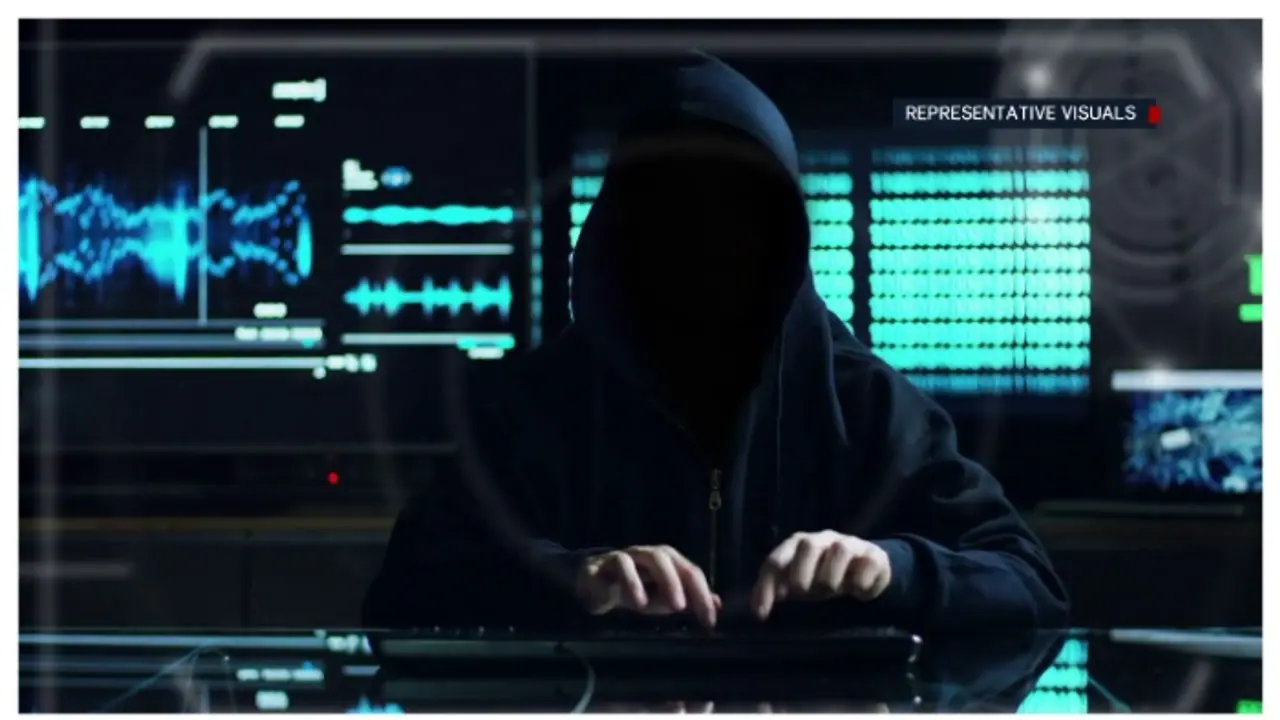Digital scams are rising in India, with fraudsters impersonating officials and stealing billions. Learn to identify fake notices by recognizing telltale signs like threats of immediate arrest, complex legal jargon, and unprofessional design elements.
In India, the risk of digital scams has increased dramatically in recent weeks, with many gullible people becoming victims of scammers. In the first 10 months of this year, fraudsters have reportedly already embezzled almost Rs 2,140 crore from victims, with an average loss of over Rs 214 crore each month. In an effort to trick people into sending their money, these crooks have been posing as representatives of well-known Indian organizations, including the Reserve Bank of India (RBI), the Enforcement Directorate (ED), the Central Bureau of Investigation (CBI), and the Police.

The Department of Telecom has shared several indicators to help individuals identify these fake warrants and notices. Here’s how you can spot these fake notices.
Threat of immediate arrest: It's probably a fraud if you get a warning that says you might be arrested in the next 24 hours. Legitimate law enforcement organizations usually adhere to due process and refrain from making such hasty threats.
Complicated legal jargon: To scare and perplex victims, scammers frequently employ complex legal terminology. Real legal notices are often brief and easy to understand.
Badly designed logos and stamps: Genuine official notices use well-designed logos and stamps. It's a warning sign if the logo is unfamiliar or the stamps appear amateurish.
Unprofessional signatures: Official digital signatures or handwritten signatures from authorized people are often seen on legitimate notices. Uncertain signatures or sporadic squiggles raise suspicions.
Absence of contact information: To confirm the notice's legitimacy, legitimate notices include unambiguous contact details, including phone numbers or email addresses. Scammers frequently refrain from giving any contact information.
Public shaming threats: Legitimate law enforcement organizations never make threats to publicly humiliate someone. Scammers frequently employ such threats as a strategy.
PM Modi addressed the issue of internet fraud
Prime Minister Modi addressed the problem of internet frauds in a recent edition of Mann Ki Baat, telling viewers that no investigative organization makes investigations online. He asked people to report any questionable calls they may get and emphasized that anyone impersonating as an official from such entities is actually a fraudster. These dishonest authorities fabricate warrants and notifications to persuade their victims even more.
